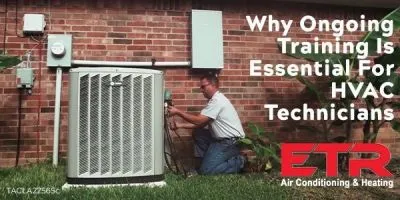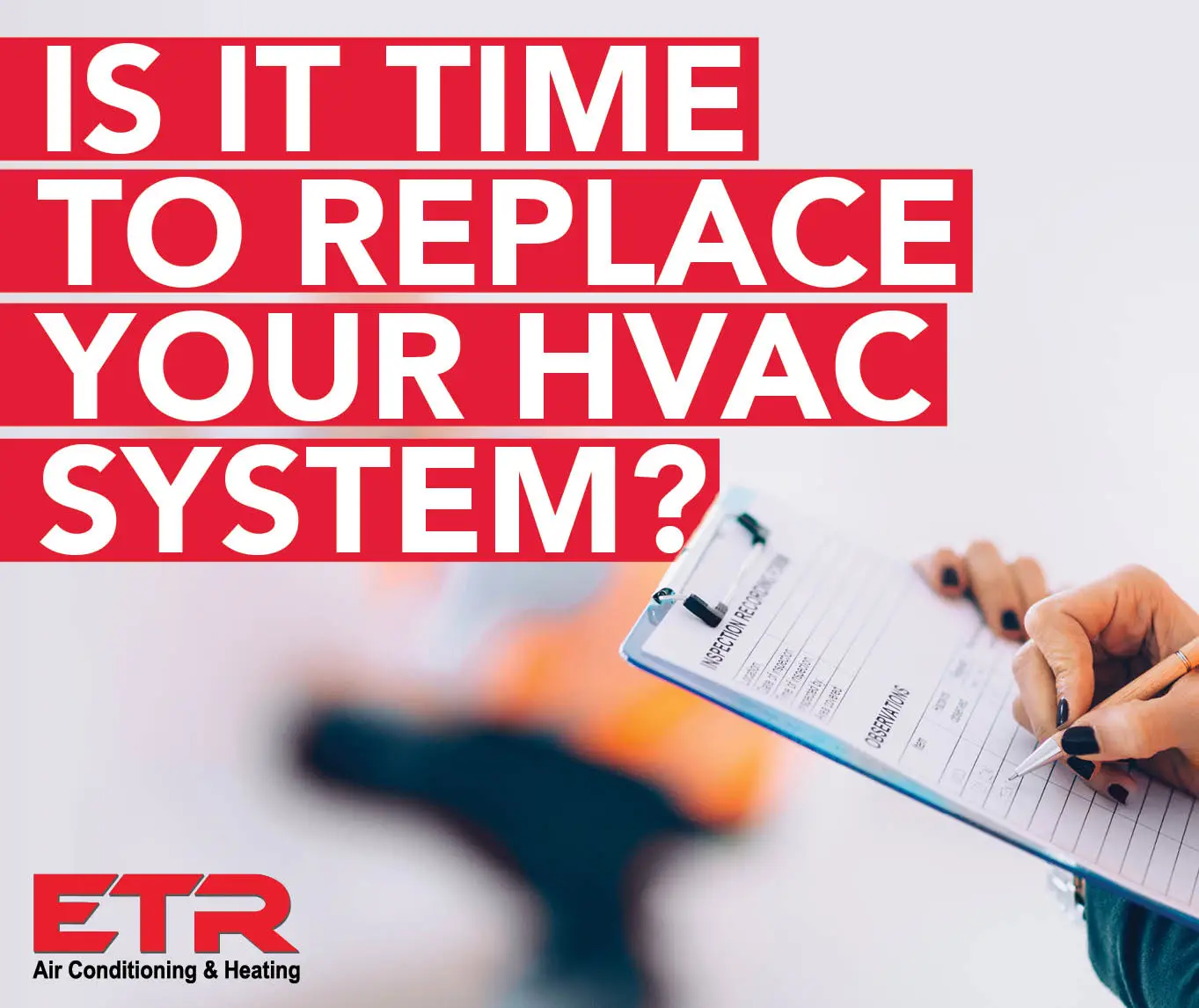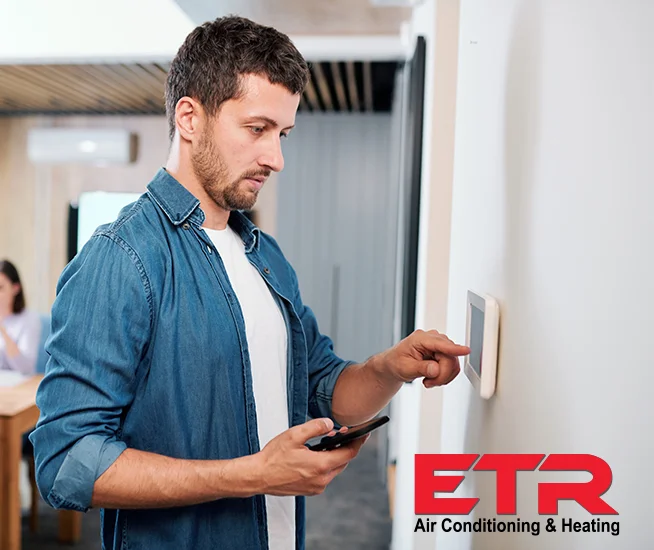
Why Ongoing Training Is Essential for HVAC Technicians
Effective training is more essential than ever before for all technicians working in the HVAC industry today. The available air conditioning, heating, and furnace equipment and other state of the art products offered by all major HVAC manufacturers and the required service techniques and diagnostic equipment operating procedures are continually evolving to improve overall efficiency, safety, and security, and to enhance the end consumer experience.
Nearly constant ongoing training on both products and techniques is needed to keep abreast of this rapidly changing field. New innovative technologies are continually developing as high-tech ‘smart’ gadgets paired with the modern smartphone continue to provide increased consumer control. These new innovations both change and improve how we heat and cool our homes and manage the quality and purity of the air we breathe.
What is an HVAC Technician? What You Should Look For.
An HVAC technician is a professional working in the heating, air conditioning, and refrigeration field responsible for the repair, maintenance, and installation of a wide variety of both residential and commercial heating, air-conditioning and refrigeration systems. HVAC technicians are also responsible for maintaining or improving the air quality in the homes and businesses they serve.
In addition to air conditioner repair, heating repair, and new air conditioner and complete AC system installations, HVAC technicians also routinely perform a complete AC system check for those customers who have signed up for a professional HVAC maintenance program. HVAC technicians may also perform assorted other HVAC related tasks such as testing and cleaning system ductwork.
Technicians are routinely called upon to answer questions and provide clients with a variety of tips and suggestions. Their goal is to improve system efficiency and operation, save money on the customer’s energy bills, and extend the HVAC system’s useful life.
Making recommendations on simple homeowner tasks such as how often the air conditioner filters should be changed and demonstrating something that homeowners find confusing such as how to properly configure and set a programmable thermostat can help in establishing a positive long-term customer relationship.
Requirements for HVAC Technician Certification in Texas
Each state has different HVAC licensing requirements and also different state-specific rules for certification on air conditioning, heating, refrigeration, and cooling system installation, maintenance, and repair. HVAC license requirements in Texas are similar to other states in most respects. After finishing an HVAC certification program and completion of a state-administered exam, applicants can apply for a Texas ACR Contractor License. A license will be either a Class A license or a Class B, the class distinction being in the size of the systems covered.
License exams cover a variety of topics such as basic refrigeration components, system controls, electrical and natural gas connections, HVAC systems, refrigeration principles, service, and ventilation. Basic license requirements are that the applicant is at least 18 years old and that they have four or more years of experience working under the supervision of a licensed technician within the past six years.
HVAC Technician Continuing Education- It’s Important!
The state of Texas requires 8 hours of continuing education for license renewal. But in addition to any legal requirements, there are many practical reasons for ongoing training for HVAC technicians. Air condition technology is changing and improving almost daily. Thorough working knowledge of these changes is essential to ensure that clients are provided with the most up to date and current options and solutions for their heating and cooling needs.
In addition to providing in-house training, many HVAC companies also encourage or require their technicians to attend brand-specific training. Various product manufacturers offer training which enables the technicians to get detailed instructions on the specific system components. Different service techniques are often required depending on the brands that the HVAC company offers to consumers.
Obviously, there are near endless reasons why ongoing training is essential for HVAC technicians, with rapidly evolving technologies and techniques chief among them.
As products continue to get more advanced and complex, the average customer is increasingly more knowledgeable and informed. Most consumers expect answers to a wide variety of detailed questions. The necessity of continuous ongoing HVAC technician education has never been greater.
Who To Call
When you need an up to date HVAC expert for a heating or cooling problem at your business or home, enlisting the services of highly trained and responsive technicians such as those from East Texas Refrigeration (ETR) Heating and Air Conditioning. Our specialized technicians are required to meet all state requirements, in addition to the company requirements for manufacture specific training. ETR’s technicians meet and exceed the required certifications, so they can serve with competence and efficiency. We serve Tyler, Longview, and the greater East Texas area. ETR offers online service call scheduling, same day service, next day change-outs, and the highest customer service in the industry. East Texas Refrigeration also prides itself as a top distributor of the industry-leading, Tyler built Trane AC systems plus Texas built, duct-type and split system air conditioners from Daikin.








